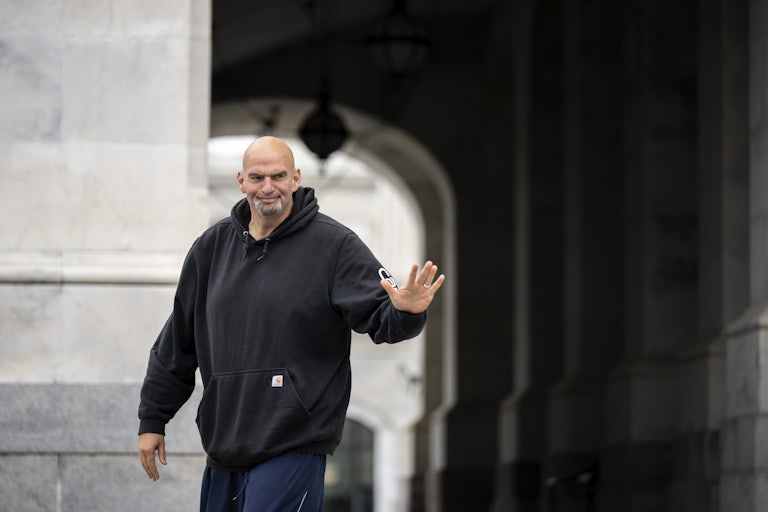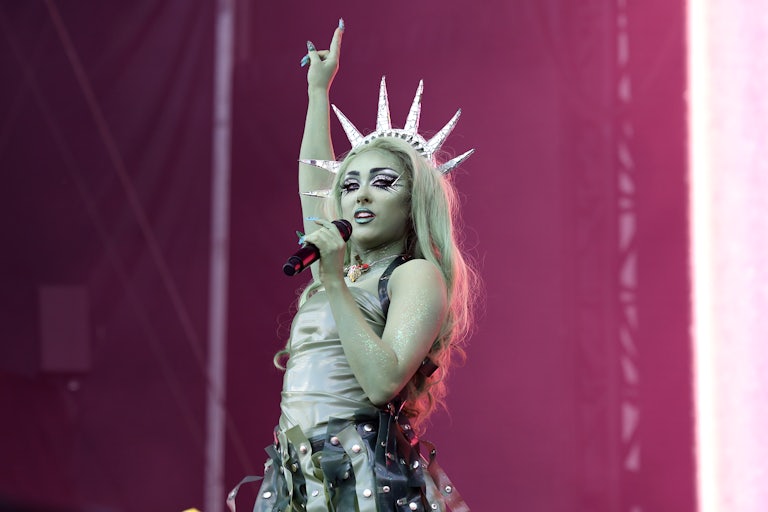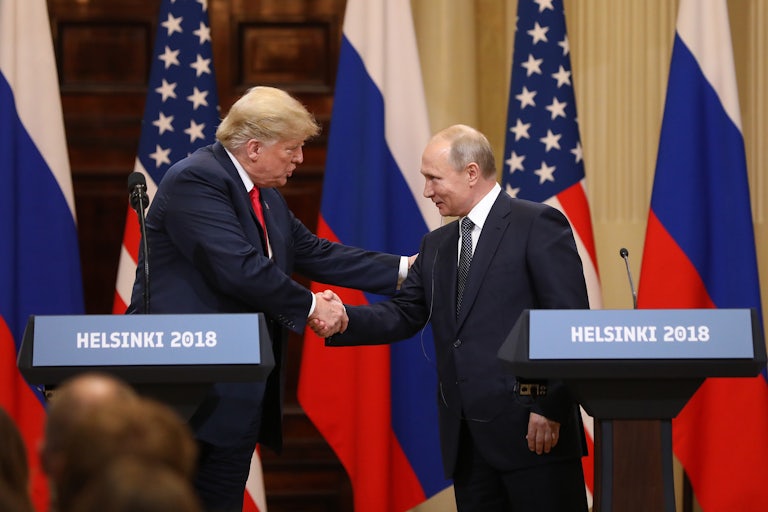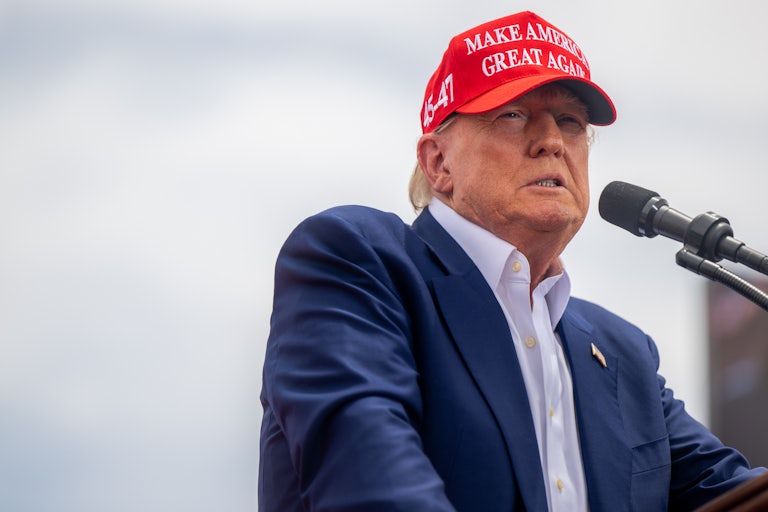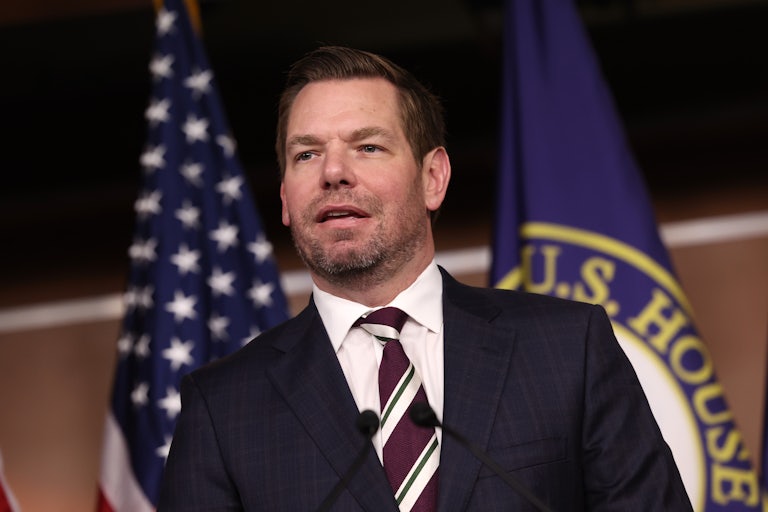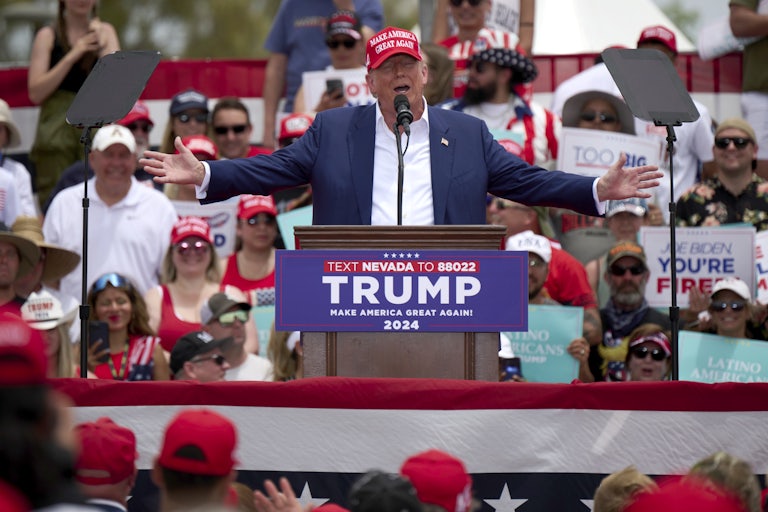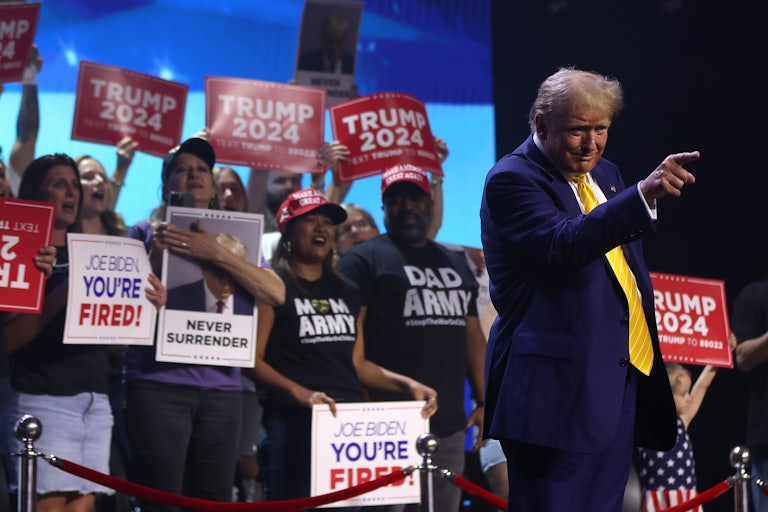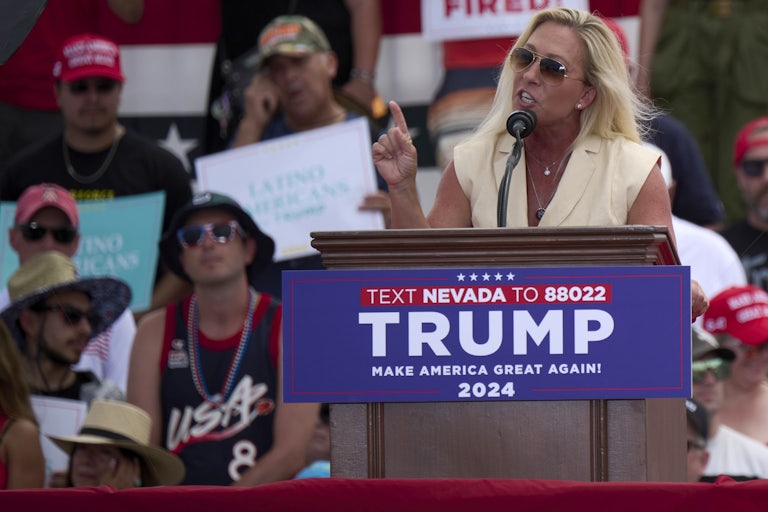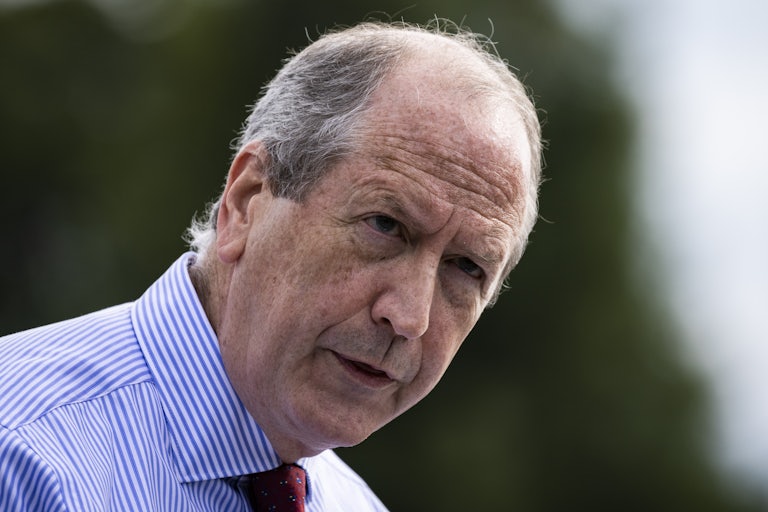TNR Takes the Anti-Censorship Fight to the Belly of the Beast
Last Saturday’s event in Ron DeSantis’s Florida with Lauren Groff and Jodi Picoult struck a blow for free expression.
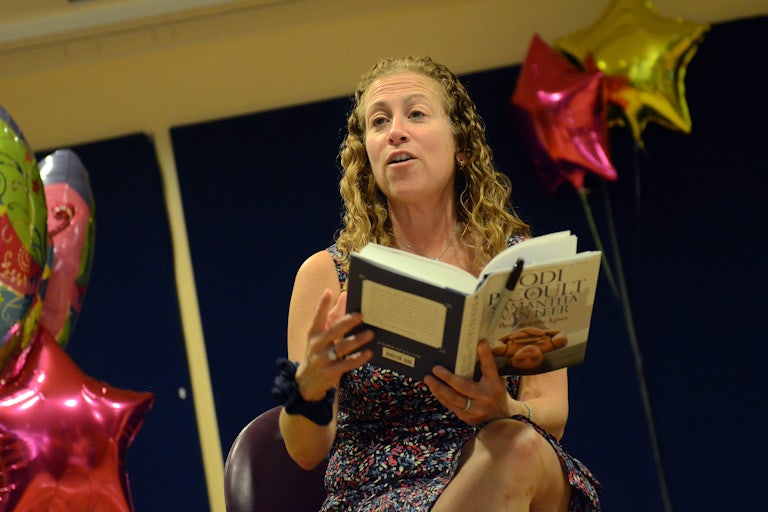
Panelists at The New Republic’s Right to Read celebration in Miami Saturday evening seemed united in their diagnosis of the state of intellectual freedom in the United States: Censorship of books in schools across the country is exceedingly unpopular but nonetheless represents a grave threat to free expression.
“There are so many more of us,” said New York Times bestselling author Jodi Picoult. “We just have to be a little bit louder.”
The celebration, held in the cradle of the latest wave of American censorship, lifted up the voices of activists, writers, and educators, whom AFT secretary treasurer Fedrick Ingram called “first responders” and the “vanguard” of the fight against book bans.
“Public school teachers and librarians saved my life,” said 1619 Project author Nikole Hannah-Jones.
If teachers are the vanguard of the movement challenging these prohibitions, writers like Picoult and celebrated Florida-based novelist Lauren Groff, along with panelists Jacqueline Woodson, George M. Johnson, and Ellen Hopkins, represent a powerful rear guard against the sanitization of historical education in schools. As TNR’s Alex Shephard pointed out while interviewing Picoult, book bans are about nothing less than the question of American identity itself.
The author Ashley Hope Perez reminded the audience that the real problem isn’t discussing our country’s ugly past but rather that past itself. “The thing that we should be upset about is not people talking about painful histories and ugly aspects of our past; it should be that we allowed those things to happen, that those were the experiences of generations of young people,” Perez said.
And Picoult, against the conservative canard that interrogating the country’s darkest moments “divides” us, highlighted books’ unifying capability. “Books have always bridged gaps between people,” she insisted. “Book bans are meant to create them.”
The threat of what PEN American Florida director Katie Blankenship called “educational gag orders,” designed to clamp down on books discussing race, gender, and sexuality in classrooms, extends beyond the classroom.
Groff, explaining her decision to open a bookstore selling banned books in Florida, was more emphatic: “In the places where people burn books, they will one day burn people.” Indeed, the bans are of a piece with a broad right-wing agenda that seeks to restrict civil liberties across the board.
Ingram identified book bans as part of a wider war on public schooling and low-income families. Groff connected them to the rollback of reproductive rights in red states since the Dobbs decision. “People in Florida do not have control over our own autonomy in Florida right now,” she said. “This is happening under the cloak of a lot of the book banning stuff.”
Book bans, like abortion bans and the gutting of the social service net, are unpopular, the repressive last gasps of a minority that has given up on persuasion. According to Picoult, 11 people are responsible for more than half of the country’s book bans. (In Martin County, Florida, a single disgruntled parent was behind the banning of 92 books, 20 of which were written by Picoult.)
But a nascent parental rights movement that enjoys the backing of red-state governors threatens the freedoms of millions of Americans unequipped to engage it. Ingram captured it, and the strategy to oppose book bans, succinctly: “It’s about power.”
